May 3, 2018
Hippocratic Oath for Safety Leaders
The Hippocratic Oath was originally written over 2,400 years ago, and meant primarily for the medical profession, but what if safety leaders at all levels committed to a Hippocratic Oath? What do I mean by ‘safety leaders’? Anyone in a position to influence safety is a safety leader; this is not meant just for EHS professionals. How many lives would be saved? How many injuries prevented? How much less pain and suffering would families endure? With some minor edits to the original oath, I’d suggest the following is worth discussing with your leadership teams:
I swear to fulfill, to the best of my ability and judgment, this covenant:
I will respect the hard-won scientific gains of those safety leaders and safety professionals in whose steps I walk, and gladly share such knowledge with those who are to follow.
I will apply, for the benefit of employees, contractors and visitors, all measures that are required, avoiding those twin traps of just adding more PPE or believing that injuries are inevitable.
I will remember that there is art to safety leadership as well as science, and that warmth, sympathy, and understanding that may outweigh, at many times, the need for more rules, policies, and employee corrective action.
I will not be ashamed to say, “I know not,” nor will I fail to call in my colleagues when the skills of another are needed for safety improvement.
I will respect the privacy of my colleagues, for their problems are not disclosed to me so that the world may know. Most especially must I tread with care in matters of life and death. I will ensure risk that could cause serious injuries or fatalities will be my highest priority to mitigate.
I will remember that I do not treat a workplace hazard or broken procedure, but an injured human being, whose injury or illness may affect the person’s family and economic stability. My responsibility includes these related problems, if I am to care adequately for my colleagues.
I will prevent injuries and incidents whenever I can, for prevention is preferable to reacting.
I will remember that I remain a member of society, with special obligations to all my fellow human beings – those sound of mind and body as well as those injured on my watch.
If I do not violate this oath, may I enjoy life and art, respected while I live and remembered with affection thereafter. May I always act so as to preserve the finest traditions of my calling and may I long experience the joy of making tomorrow safer than today.
In our book, “7 Insights into Safety Leadership”, Insight 1 is all about getting safety right first because it’s the right thing to do for your people. When you do, your colleagues come to the conclusion that you care, and often that care will be reciprocated back to the organization. Insight 2 describes how important it is to ensure that risk that has high potential to result in serious injuries or fatalities must be mitigated first. Finally, Insight 3 describes how leaders must set improvement in motion. The Hippocratic Oath for Safety Leaders captures the essence of those first 3 Insights.
When I shared my first draft of the blog with my colleagues at Krause Bell Group, other examples were offered to add to the oath. Although my intent was to make minor edits to the original oath, I thought these additional elements were very important for safety leaders to consider as well.
I will reinforce the expectation that doing work safely overrides any other operational pressure.
I commit to learning from incidents and near misses as a sign of respect for those who were or could have been hurt.
I will never become complacent, retaining a sense of chronic unease, and never expect that because we worked safely yesterday we automatically will be safe today.
I will, to the best of my ability, work to create and sustain a work environment that I would want to be provided to myself and my family.
Krause Bell Group helps build stronger and more reliable safety leadership in organizations large and small. Stronger safety leadership is a critical catalyst in creating cultures that are more supportive of safety. Learn more about our consulting services.


